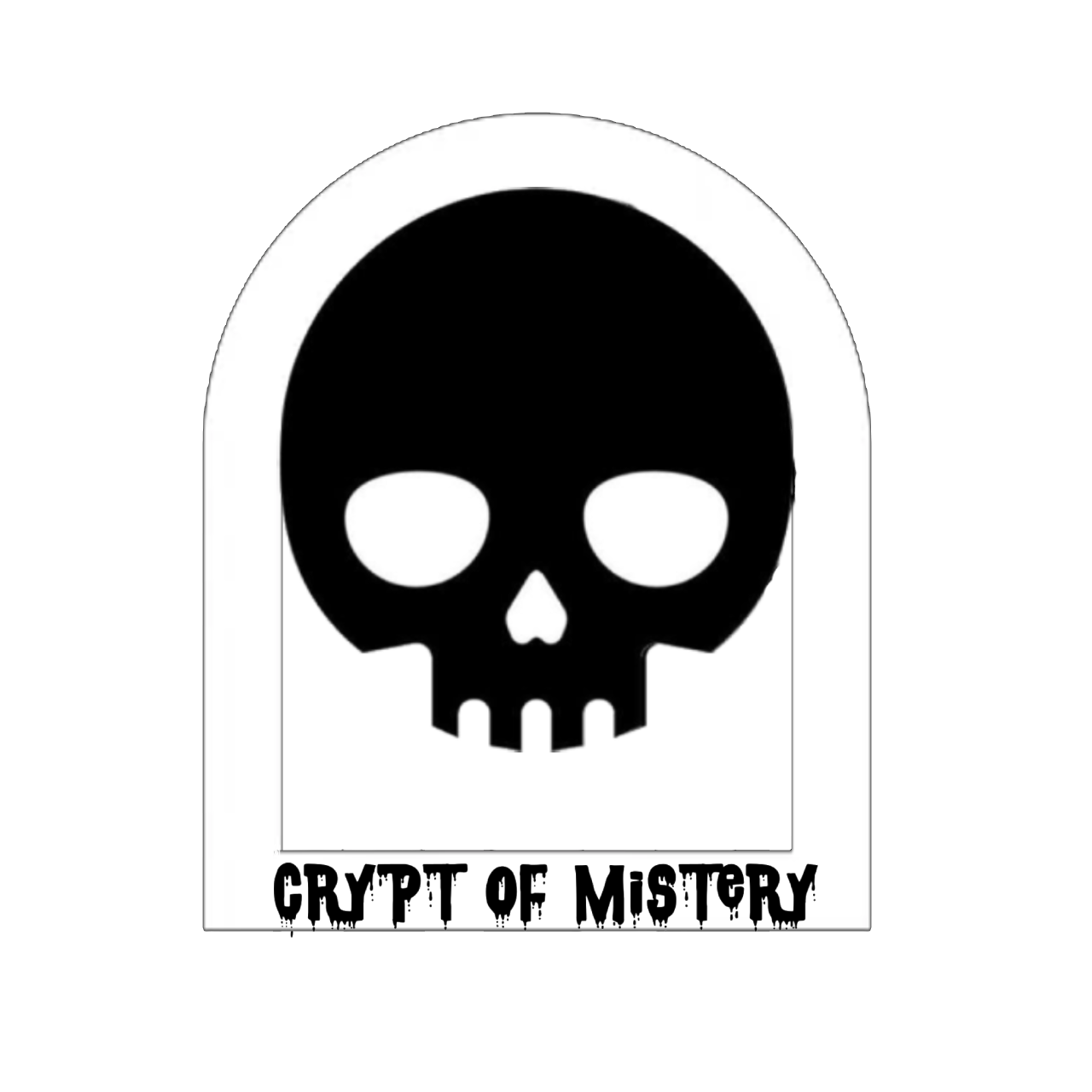On February 22, 2011, the city of Christchurch in New Zealand was struck by a devastating earthquake. The 6.3 magnitude quake caused widespread destruction, resulting in the loss of 185 lives and leaving thousands of people homeless. In the midst of this tragedy, another disturbing phenomenon emerged – looting. While the majority of the community came together to support and help one another, a small number of individuals took advantage of the chaos and engaged in criminal behavior. This article will explore the issue of looting during disasters, with a particular focus on the Christchurch earthquake.
Key Takeaways
- Looting is a phenomenon that occurs during disasters and can have serious ethical implications.
- The Christchurch earthquake looters were a diverse group of people, including both locals and outsiders.
- The psychology behind looting during a crisis is complex and can be influenced by factors such as social norms and perceived opportunity.
- Looting can have a significant impact on the affected community, both in terms of material loss and emotional distress.
- The response of the government and law enforcement to looting can vary, but social media can play a role in exposing looters and holding them accountable.
The looting phenomenon: A closer look
Looting can be defined as the act of stealing or taking goods from a place, typically during a time of disorder or chaos. It is not uncommon for looting to occur during natural disasters, as the breakdown of law and order creates an environment where criminal behavior can thrive. During times of crisis, resources become scarce and people may feel desperate or opportunistic, leading them to engage in looting.
Examples of looting during past disasters are unfortunately plentiful. In the aftermath of Hurricane Katrina in 2005, widespread looting occurred in New Orleans. Stores were broken into and essential items such as food, water, and clothing were stolen. Similarly, during the 2010 earthquake in Haiti, looting was rampant as people struggled to survive amidst the destruction.
The ethical implications of looting during a tragedy
The issue of looting during a tragedy raises important moral and ethical questions. On one hand, some argue that looting is a natural response to desperate circumstances and should be understood within that context. They argue that people who engage in looting are simply trying to meet their basic needs and should not be judged too harshly.
On the other hand, there are those who believe that looting is a morally reprehensible act that takes advantage of the suffering of others. They argue that stealing from others, especially during a time of crisis, is a violation of basic ethical principles and should be condemned.
The Christchurch earthquake looters: Who are they?
| Category | Data/Metrics |
|---|---|
| Age Range | 16-40 years old |
| Gender | Majority male |
| Occupation | Unemployed or low-skilled workers |
| Items Stolen | Electronics, alcohol, cigarettes, clothing, food |
| Location of Looting | Central Business District and residential areas |
| Arrests Made | Over 1,000 |
| Reasons for Looting | Opportunistic behavior, desperation for basic necessities, thrill-seeking |
During the Christchurch earthquake, there were reports of looting taking place in various parts of the city. The individuals who engaged in looting were a diverse group, ranging from opportunistic criminals to desperate individuals trying to survive. Some looters targeted abandoned homes and businesses, while others stole from relief centers and donation sites.
The motivations behind their actions varied as well. Some looters were driven by greed and took advantage of the chaos to enrich themselves. Others were driven by desperation and saw looting as their only means of survival. It is important to note that while the actions of these individuals were criminal, they do not represent the majority of the community who came together to support one another during this difficult time.
The psychology behind looting during a crisis
The psychology behind looting during a crisis is complex and multifaceted. One key factor is the role of stress and fear. In times of disaster, people may experience heightened levels of stress and fear, which can lead to irrational behavior. This can manifest as a sense of desperation or a belief that normal rules no longer apply.
Group dynamics also play a significant role in looting behavior. In situations where there is a breakdown of law and order, individuals may feel emboldened to engage in criminal behavior when they see others doing the same. This can create a sense of anonymity and reduce feelings of guilt or responsibility.
The impact of looting on the community

The impact of looting on the community is significant and far-reaching. Emotionally, it can create feelings of fear, mistrust, and insecurity among residents. The knowledge that some individuals are taking advantage of the chaos and engaging in criminal behavior can erode the sense of community and unity that is crucial during times of crisis.
Economically, looting can have devastating effects. Businesses that are already struggling to recover from the disaster may be further damaged or forced to close due to looting. This can lead to job losses and a decline in economic activity, prolonging the recovery process for the community as a whole.
The legal consequences of looting during a disaster
Looting during a disaster is a criminal offense and carries legal consequences. In many jurisdictions, looting is considered a serious crime and can result in significant penalties, including imprisonment. However, enforcing these laws during a disaster can be challenging. Law enforcement agencies are often overwhelmed with other priorities, such as search and rescue operations and maintaining public safety. This can make it difficult to apprehend and prosecute looters in a timely manner.
The role of social media in exposing looters
Social media has played a significant role in exposing looters during disasters. In the case of the Christchurch earthquake, residents took to social media platforms to share information and photos of individuals engaged in looting. This led to the identification and apprehension of several looters.
While social media can be a powerful tool for holding individuals accountable for their actions, it also has its drawbacks. False information and rumors can spread quickly, leading to the potential for innocent individuals to be wrongly accused. Additionally, the widespread sharing of images and videos of looting can perpetuate fear and anxiety within the community.
The response of the government and law enforcement to looting
In response to the looting that occurred during the Christchurch earthquake, the government and law enforcement agencies took several measures to address the issue. Additional police resources were deployed to affected areas, and curfews were implemented to deter criminal activity during nighttime hours. The government also launched public awareness campaigns urging residents to report any suspicious activity.
While these measures were effective in reducing looting, there were still challenges in enforcing the law during a disaster. The sheer scale of the destruction and the need to prioritize other emergency response efforts made it difficult for law enforcement to dedicate sufficient resources to addressing looting.
Lessons learned from the Christchurch earthquake looters
The looting that occurred during the Christchurch earthquake serves as a reminder of the complex ethical, psychological, and social dynamics that can arise during times of crisis. It highlights the importance of addressing looting as a serious issue that can have significant negative impacts on communities.
Moving forward, it is crucial for governments, law enforcement agencies, and communities to work together to prevent and address looting during disasters. This includes implementing effective laws and penalties, increasing public awareness and education, and ensuring that resources are available to enforce the law in a timely manner. By doing so, we can help create a safer and more resilient society in the face of future disasters.
FAQs
What is the Christchurch earthquake?
The Christchurch earthquake was a 6.3 magnitude earthquake that struck the city of Christchurch, New Zealand on February 22, 2011.
What is looting?
Looting is the act of stealing or taking goods from a place, typically during a time of war or disaster.
What happened during the Christchurch earthquake?
During the Christchurch earthquake, many buildings were damaged or destroyed, and there was widespread chaos and confusion. Some people took advantage of the situation to loot stores and homes.
Who were the Christchurch earthquake looters?
The Christchurch earthquake looters were individuals who took advantage of the disaster to steal goods from stores and homes.
What did the Christchurch earthquake looters steal?
The Christchurch earthquake looters stole a variety of goods, including electronics, clothing, and food.
How were the Christchurch earthquake looters punished?
The Christchurch earthquake looters were punished through a variety of means, including fines, community service, and imprisonment.
What was the public’s reaction to the Christchurch earthquake looters?
The public’s reaction to the Christchurch earthquake looters was generally negative, with many people expressing outrage at the looters’ actions during a time of crisis.







